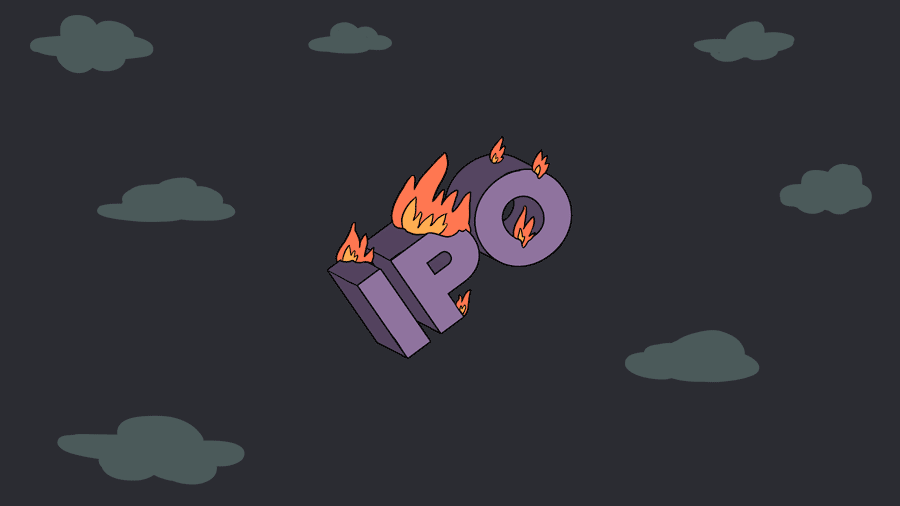Uber closed its first day of trading as a public company worth $41.57 per share, down from its IPO price of $45. The company continued to decline in after-hours trading.
Subscribe to the Crunchbase Daily
It’s been a tumultuous path for Uber to get to this point. The ride-hailing company struggled to hit the top of its IPO price range of $44-to-50 per share both during its formal pricing and after it began to trade.
It’s also unusual to see such a large tech offering stumble on its first day. Even Lyft, which was the first ride-hailing startup to go public in the United States, had a first-day pop in its share price following its debut. Unfortunately for Uber, however, public markets seem determined to reign in the value private investors had put on the company, which bankers estimated to be worth $120 billion last year.
What Uber’s slipping value will do to unicorns waiting to go public is unclear. Yes, it is possible that Uber’s first-day slump is a sign that public investors aren’t as keen on cash-burning startups as expected. If true, the changed sentiment could impact Slack and other unicorns looking to go public.
Yet Uber and Lyft are nearly unique in how much money they lose. Both firms also sport slimmer gross margins than many cash-burning software companies. But what Uber had that made it unique was a hybrid of stiff losses and slow growth. Lyft, meanwhile, had only half of the same set of issues.
It’s also worth noting that, in recent memory, there is no other unicorn that has managed to go public with such a dark cloud over its tenure as a private company. Over the years, Uber ran into an incredible amount of negative press over its company culture and contended with concerns about its self-driving strategy.

Stay up to date with recent funding rounds, acquisitions, and more with the Crunchbase Daily.


![Illustration of a guy watering plants with a blocked hose - Global [Dom Guzman]](https://news.crunchbase.com/wp-content/uploads/quarterly-global-3-300x168.jpg)
67.1K Followers